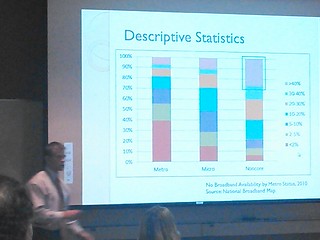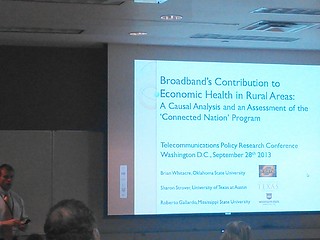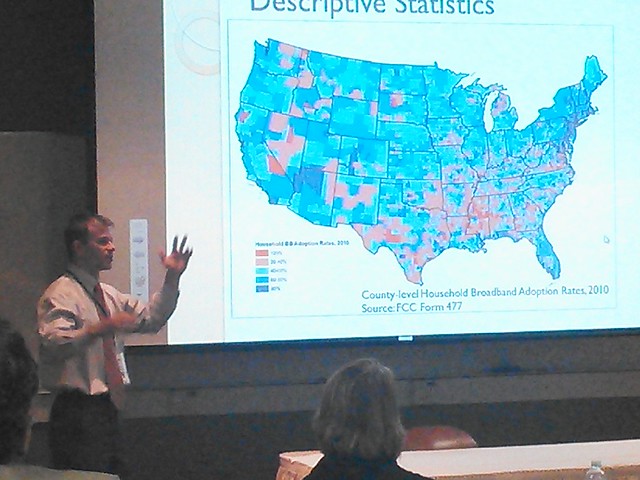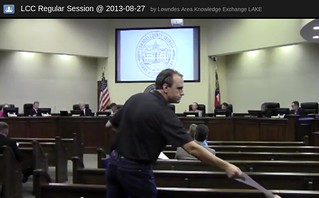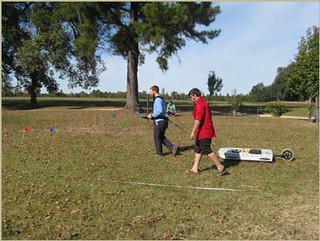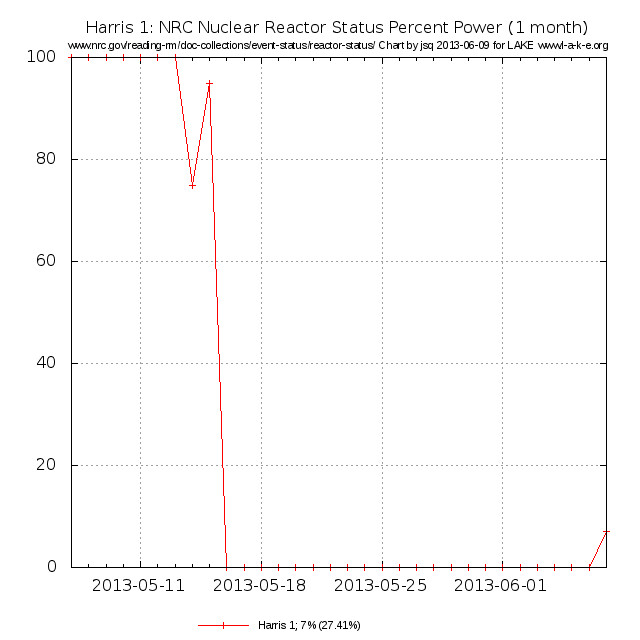The VSU Foundation knows more than 98% of climate scientists,
and also sneers at former divestment from tobacco and apartheid companies.
 Nevermind that
fossil fuel divestment is going faster than either of those.
Is it good fiduciary responsibility to stay invested in the stranded investments
of fossil fuel stocks while
solar stocks are skyrocketing?
Is this really how to encourage people to
give to VSU?
Is that how
the alumni
want their investments used?
Nevermind that
fossil fuel divestment is going faster than either of those.
Is it good fiduciary responsibility to stay invested in the stranded investments
of fossil fuel stocks while
solar stocks are skyrocketing?
Is this really how to encourage people to
give to VSU?
Is that how
the alumni
want their investments used?
Seen today on S.A.V.E.’s facebook page, VSU Foundation’s response to S.A.V.E.’s fossil fuel divestment request:
Danielle Jordan, President
S.A.V.E.
Valdosta State UniversityDear Ms. Jordan,
The Investment Committee of the VSU Foundation Board of Trustees has reviewed the request from your organization that securities issued by companies engaged in the production of fossil fuel energy be excluded from the foundation’s endowment portfolios. Compliance with your well-intentioned request is impractical for a number of reasons and perhaps even a breach of the fiduciary responsibility that all of our trustees take very seriously.
The various VSU Foundation endowment portfolios are managed Continue reading


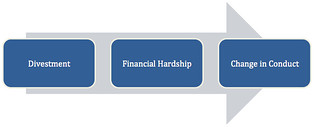


![168292900_900x675[1]](http://www.exposingthetruth.co/wp-content/uploads/2013/09/168292900_900x6751-300x225.jpg)


